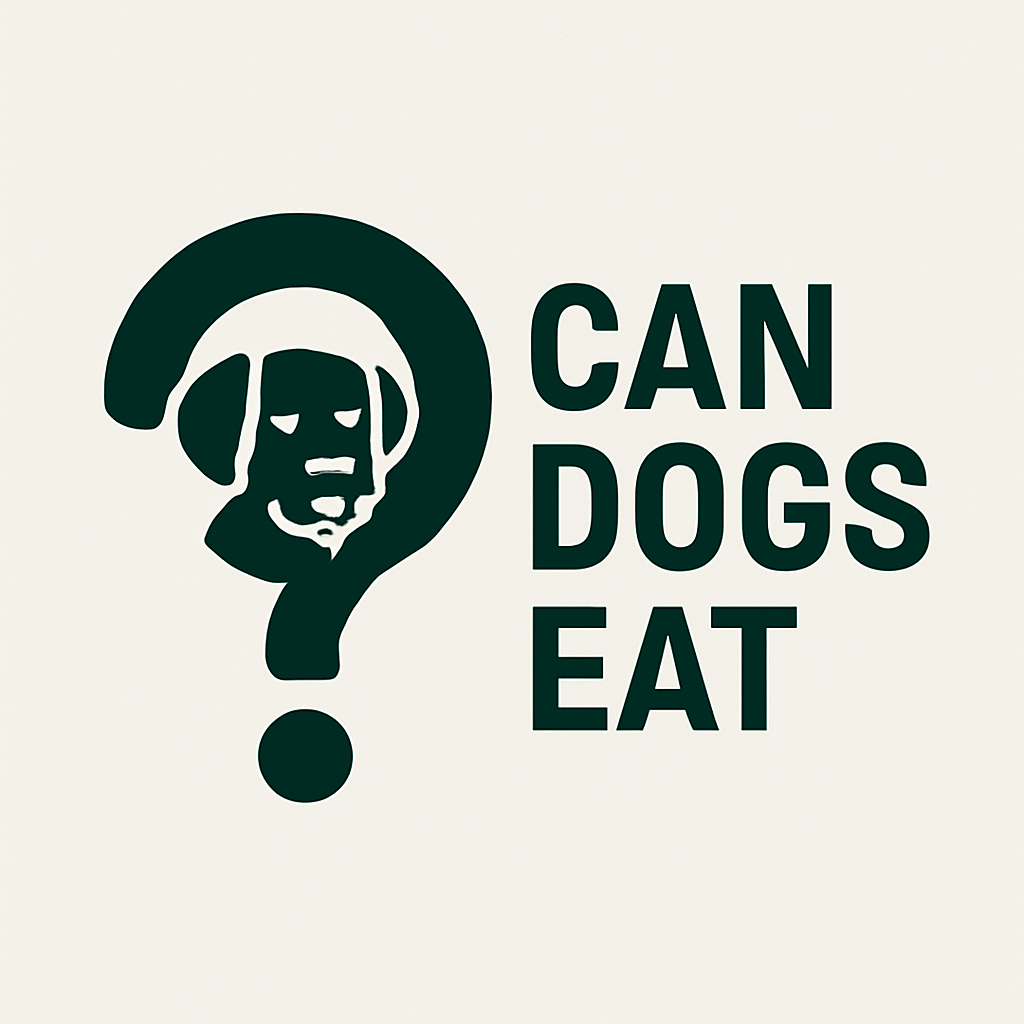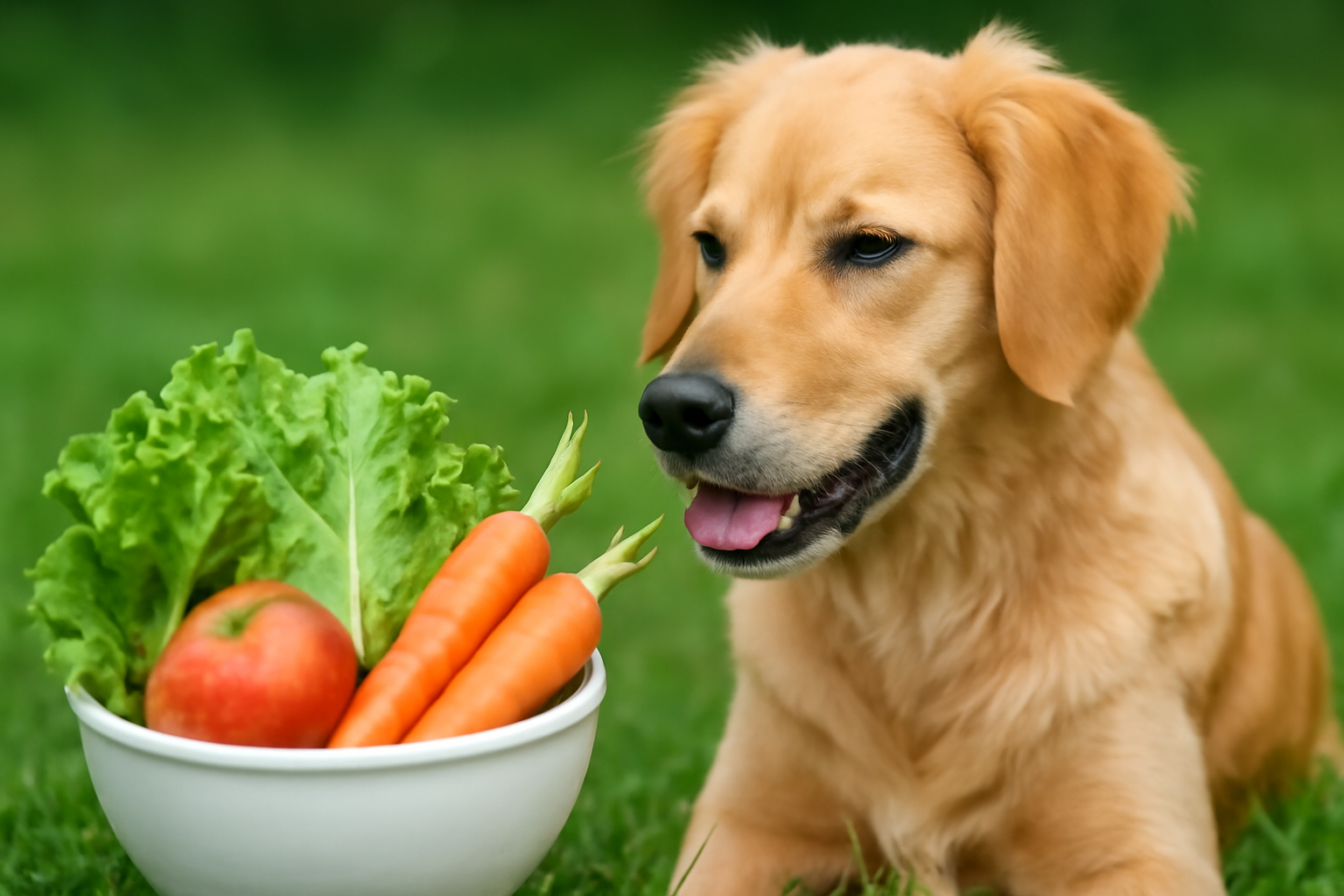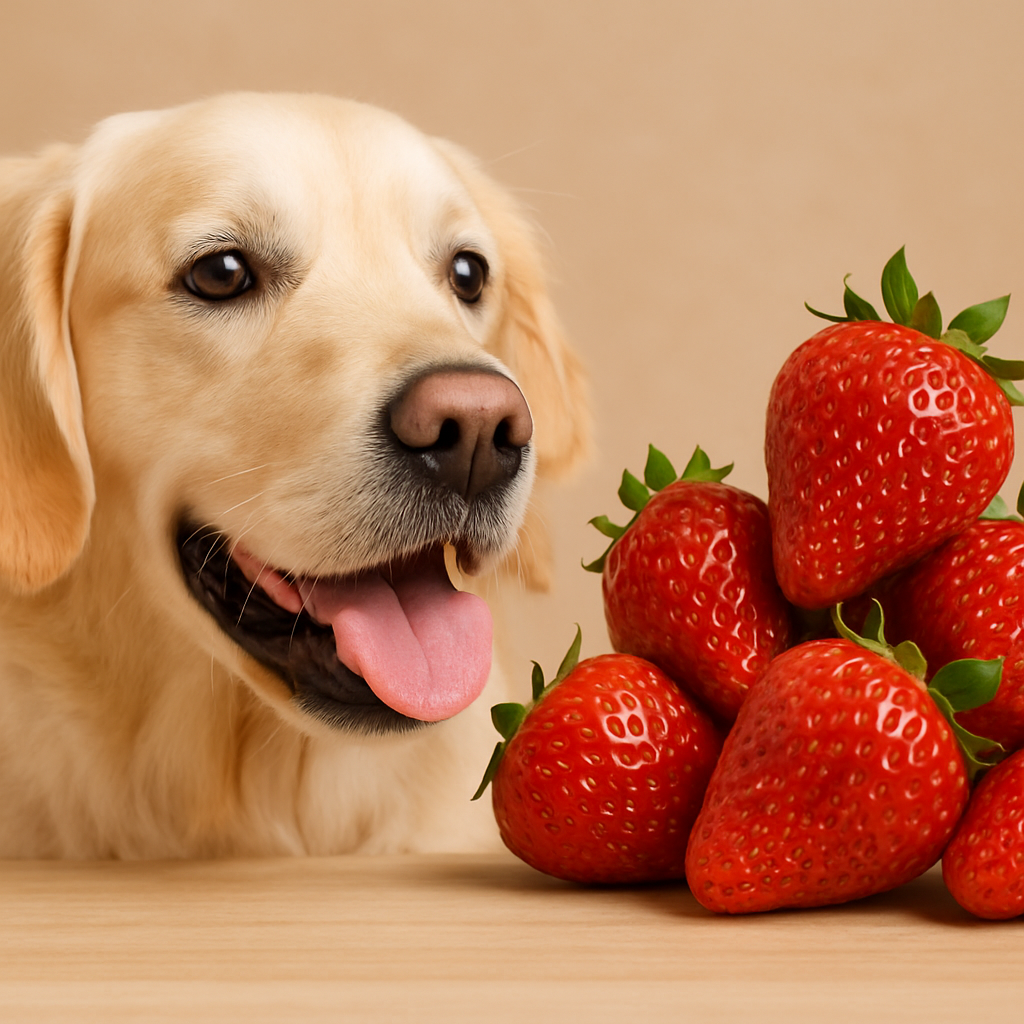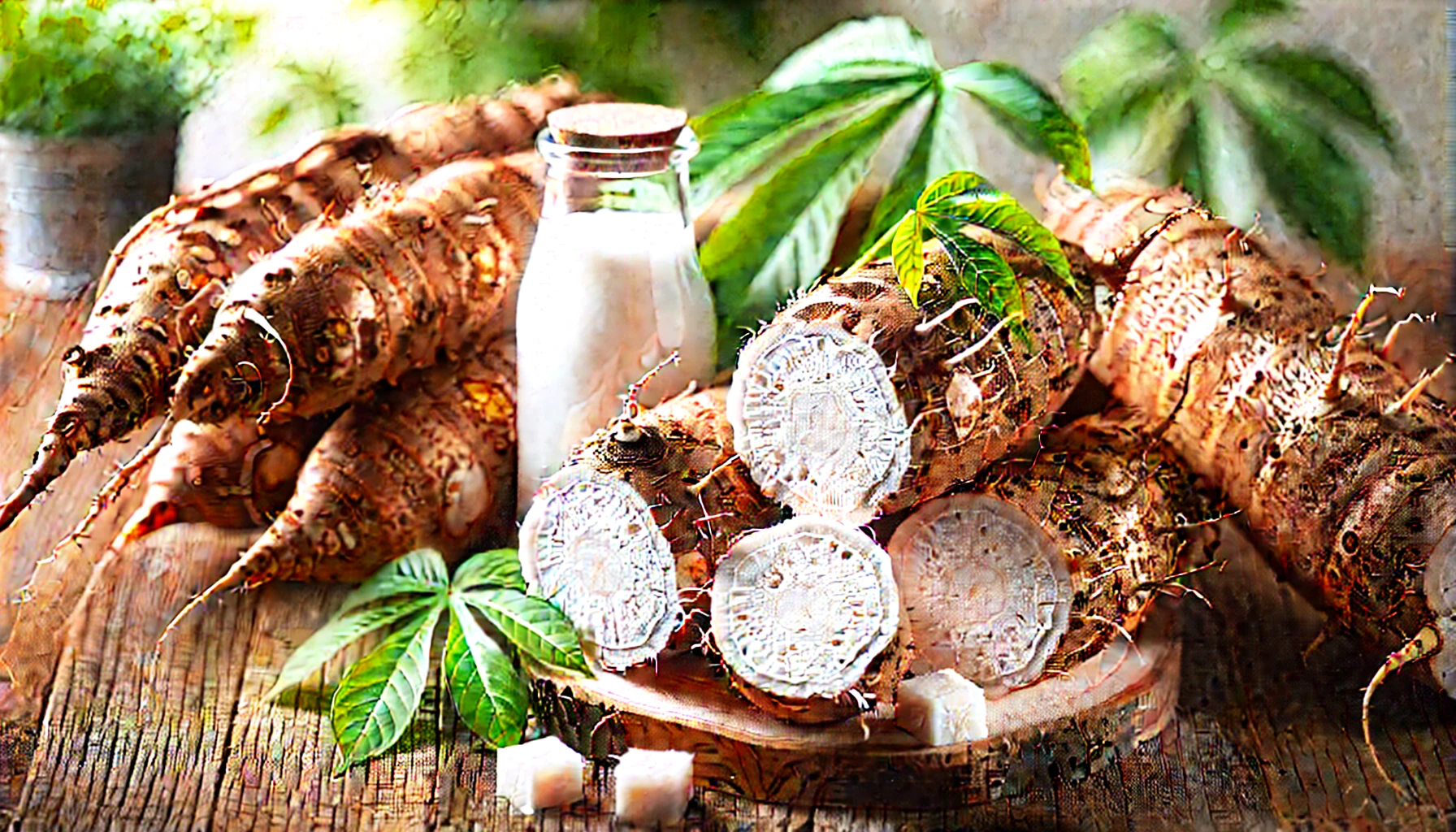Can Dogs Eat Rabbit Food? 🐶🐇
Introduction
As a dog owner, it’s natural to want to treat your pet with delicious snacks, but not all foods that we eat (or that other animals eat) are safe for dogs. One common question many pet owners ask is: Can dogs eat rabbit food? 🤔
Rabbit food is designed for rabbits, but how does it affect dogs? In this article, we will explore the types of food that rabbits eat, whether dogs can safely eat rabbit food, the benefits and risks of such foods for dogs, and suggest some better alternatives. We’ll also take a look at the nutritional value of rabbit food and why it’s not always suitable for your furry friend.
Let’s dive into the world of rabbit food and dogs! 🐕🍽️
What is Rabbit Food? 🐇
Rabbit food usually consists of several different types of food that are meant to keep rabbits healthy and happy. Rabbits are herbivores, which means they only eat plants. Their diet consists of:
- Hay 🏞️: Hay is the main part of a rabbit’s diet. It’s high in fiber and helps with their digestion and keeps their teeth healthy.
- Pellets 🍽️: Pellets are compressed food made from a mix of hay, vegetables, and sometimes herbs. They are designed to provide balanced nutrition for rabbits.
- Fresh Vegetables 🥕: Rabbits also eat fresh veggies like carrots, spinach, lettuce, and kale. These vegetables provide essential vitamins and nutrients.
- Fruits 🍓: Rabbits enjoy small amounts of fresh fruits like apples, bananas, and berries.
Rabbit food is designed specifically to meet the nutritional needs of rabbits, so it’s not guaranteed to be healthy or suitable for dogs.
Can Dogs Eat Rabbit Food? 🤔
No, dogs should not regularly eat rabbit food. While some components of rabbit food, such as certain vegetables, can be safe for dogs in moderation, there are many reasons why dog owners should avoid feeding their pets rabbit food.
Let’s break it down.
1. Different Nutritional Needs 🍖
Dogs and rabbits have very different nutritional requirements. Rabbits are herbivores, which means they need a diet rich in fiber, whereas dogs are omnivores, meaning they need a mix of proteins, fats, and carbohydrates. Here’s a look at the key differences:
| Nutrient | Rabbits | Dogs |
|---|---|---|
| Protein | 14-16% of their diet (mainly from hay) | 18-30% of their diet (from meat) |
| Fat | Very low (about 2-4%) | 8-15% of their diet (from meat) |
| Fiber | 18-25% of their diet (mainly from hay) | Low (about 2-5%) |
| Carbohydrates | 50-60% of their diet | Moderate (around 30-50%) |
As you can see, dogs require more protein and fat in their diet, which they get from meat, while rabbits rely more on fiber to stay healthy. Rabbit food is not designed to give your dog the right balance of protein and fat they need.
2. Digestive Systems 🍏
Another reason dogs shouldn’t eat rabbit food is because of their digestive systems. Rabbits have a specialized digestive system that is designed to process fiber. Dogs, on the other hand, have a shorter digestive tract and rely more on proteins and fats for energy.
If your dog eats too much fiber-rich food like hay or pellets, it could lead to digestive issues, such as:
- Bloating
- Diarrhea
- Gas
In some cases, it can even cause constipation if your dog’s digestive system struggles with the large amounts of fiber.
3. Excess Fiber 🍞
As mentioned, rabbit food is high in fiber. While fiber is great for rabbits, dogs don’t require the same amount. Dogs that consume too much fiber from things like hay or pellets could experience:
- Digestive upset: Too much fiber can make it harder for dogs to absorb nutrients from their food.
- Weight gain: Fiber is often low in calories, but when eaten in excess, it can lead to bloating and weight issues.
- Chronic diarrhea: A high-fiber diet can cause loose stools in dogs.
4. Choking Hazard 🐾
Rabbit food often contains small, hard pellets and thick strands of hay. These could be a choking hazard for your dog, especially if they’re a small breed or have a tendency to gulp down food quickly. If a dog eats something like hay or pellets without chewing properly, they could risk choking or even injuring their throat or digestive tract.
5. Potential Toxins ⚠️
Some types of rabbit food, especially the flavored pellets, may contain artificial sweeteners like xylitol. Xylitol is toxic to dogs and can cause serious issues such as:
- Severe drop in blood sugar
- Seizures
- Liver failure
- Death (in severe cases)
Always check the ingredients in rabbit food to make sure they do not contain harmful substances like xylitol. It’s much safer to avoid giving your dog processed rabbit food altogether.
Can Dogs Eat Any Part of Rabbit Food? 🥕🥬
While dogs should avoid eating hay, pellets, or large quantities of fruits from rabbit food, there are some safe ingredients in rabbit food that dogs can eat in small amounts:
- Fresh Vegetables 🥦: Some vegetables in rabbit food, like carrots, kale, spinach, and parsley, are safe for dogs. These can provide vitamins and fiber in moderation.
- Fruits 🍏: Certain fruits like apples, berries, and pears are safe for dogs. However, make sure to remove any seeds or pits, as they can be toxic.
Nutritional Value of Rabbit Food 🐰
Here’s a general breakdown of the nutritional value of rabbit food (focusing on hay and pellets):
| Nutrient | Amount in 100g of Hay | Amount in 100g of Pellets |
|---|---|---|
| Calories | 250 kcal | 350 kcal |
| Protein | 7-9g | 14-16g |
| Fat | 2-3g | 3-5g |
| Fiber | 30-40g | 20-25g |
| Carbohydrates | 40-50g | 50-60g |
| Calcium | 0.8g | 1.0g |
As we can see, pellets are higher in calories and protein, which might seem appealing for dogs. However, they are also high in fiber and other compounds that are not ideal for dogs, leading to possible digestive issues.
Healthier Treats for Your Dog 🍖
If you’re looking for treats to give your dog, there are plenty of healthy and safe alternatives to rabbit food. Here are a few ideas:
- Carrots 🥕: Carrots are full of vitamin A and help with dental health.
- Apples 🍏: Apples are high in fiber and vitamin C. Just remove the seeds!
- Peanut Butter 🥜: Dogs love peanut butter, and it’s a good source of protein and healthy fats.
- Chicken 🍗: A lean source of protein that’s great for muscle health.
- Pumpkin 🎃: Pumpkin is great for digestion and full of fiber.
How to Safely Feed Fruits and Veggies to Dogs 🐾
If you want to feed your dog fruits and vegetables that are similar to what rabbits eat, here are some tips:
- Limit the Amount: Fruits and veggies should be no more than 10% of your dog’s daily calories.
- Remove Seeds and Pits: Always remove any seeds or pits, as they can be harmful.
- Wash Well: Wash the fruits and veggies thoroughly to remove pesticides and dirt.
- Watch for Allergic Reactions: Introduce new foods slowly and watch for signs of an allergic reaction (e.g., itching, swelling, vomiting).
Frequently Asked Questions (FAQs) ❓
1. Can dogs eat hay?
No, hay is not recommended for dogs. It’s too high in fiber and can cause digestive upset in dogs.
2. Can dogs eat rabbit pellets?
No, rabbit pellets are not suitable for dogs. They are high in fiber and often contain artificial sweeteners and other ingredients that could harm your dog.
3. What vegetables can dogs safely eat from rabbit food?
Dogs can safely eat small amounts of fresh vegetables such as carrots, spinach, and kale, which are often found in rabbit food.
4. Can dogs eat fruit from rabbit food?
Yes, dogs can eat small amounts of fruits such as apples, berries, and pears, but be sure to remove any seeds or pits.
5. What are safe treats for dogs?
Safe treats for dogs include carrots, apples, sweet potatoes, and lean meats. Avoid giving processed foods or snacks intended for other animals.
Conclusion
While rabbit food may not be suitable for dogs due to their different dietary needs, some components like fresh vegetables and fruits can be given in moderation. Always avoid high-fiber hay and pellets, and make sure any fruit or vegetable you give your dog is safe for them to eat.
By offering your dog safe, nutritious treats and avoiding harmful foods, you can keep them happy and healthy! 🐕💚




